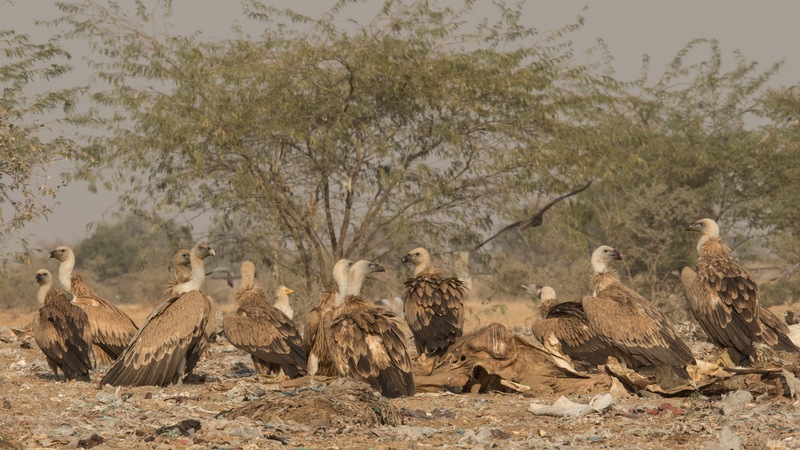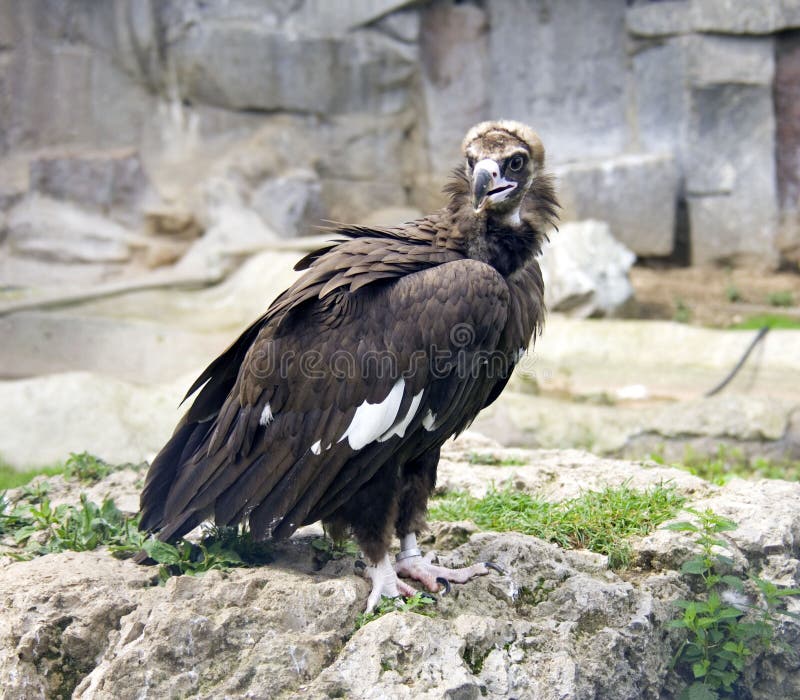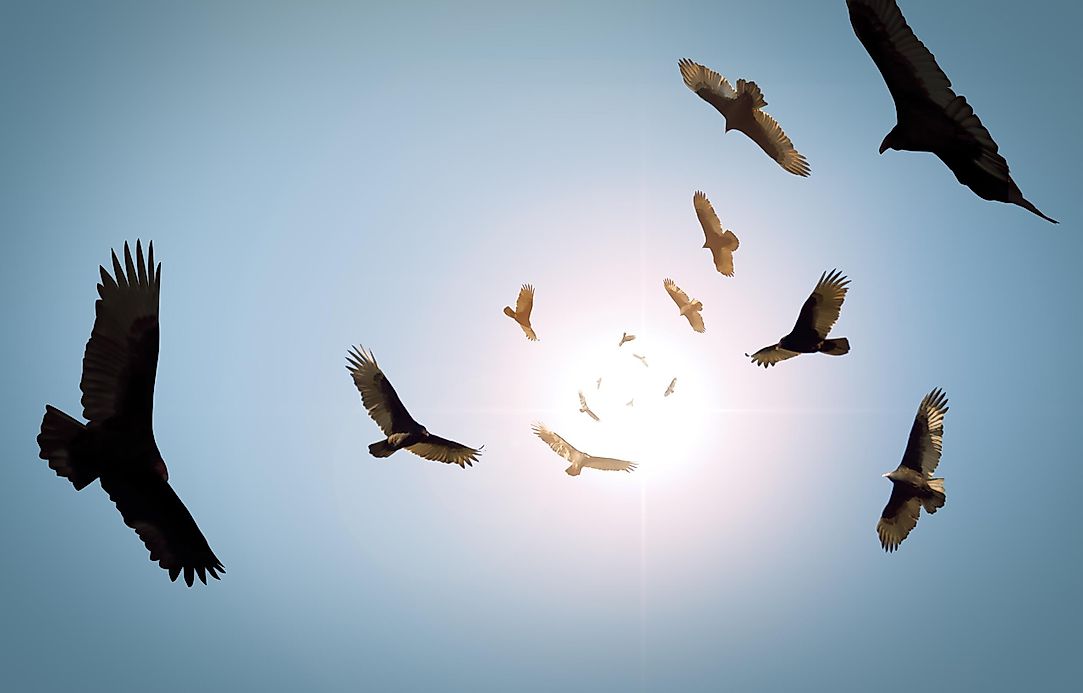


In some cases, if a vulture feels threatened, they have even been known to attack people, usually scratching or pecking at faces and heads. Vultures’ wings can also cause injury if they are trying to take off, especially if they are startled. Depending on the species, vultures can have very sharp talons and beaks, which can be used to peck or scratch if disturbed or threatened.

Vultures are large birds and their beaks, talons, and wings are capable of inflicting harm. Yes, a vulture can definitely hurt a human. It’s likely that further research is needed to more conclusively answer this question. Ultimately, while it may not be possible to confirm whether or not vultures can actually sense death, their incredible vision and predatory nature make it plausible that they can. These birds will often circle an area where they expect a dead animal to appear, and have been known to consistently predict when a body will be exposed by the ocean’s tides. Not only can vultures detect the onset of death in animals, they also have an uncanny ability to predict when a food source is about to become available. Additionally, their powerful vision allows them to spot dead animals from long distances, removing the need to make a much closer inspection. It’s believed that vultures can detect the faint scents of toxins or other biological changes in animals that may occur before death, giving them the knowledge that the animal is close to passing. This keen sense of sight is thought to be connected to their ability to detect the onset of death. Vultures have incredibly sharp eyesight, an ability that often gives them a competitive advantage over other animals in terms of scavenging food. While it’s difficult to know for sure, there is some evidence that vultures may be able to detect the onset of death in animals. Vultures have long been associated with death, so it’s no surprise that people often wonder if these birds can sense death. Why don t vultures get sick from eating rotten meat? It is therefore essential that we recognize and act on the critical role vultures play in maintaining healthy ecosystems and take the necessary steps to protect their populations. In summary, the extinction of vultures would have serious repercussions that extend beyond the birds themselves and affect both human and animal populations all over the world. Vultures help other species find food, as they create a visible beacon of carrion and draw attention to potential prey items, which can be particularly helpful for animals in unfamiliar environments.Īs vultures are apex predators, the loss of them could mean increased competition in the form of other predators that may reduce smaller animal populations, thereby destabilizing other food webs.

The loss of vultures would also have a significant impact on other species, including primates and large mammals. In addition, the decomposition of these carcasses would contribute to greenhouse gases, making the already existing climate crisis worse. Without vultures, carcasses would build up in the environment, causing an increase in the spread of diseases such as rabies and anthrax, as well as posing a hazard to humans who may have come into contact with the decaying material.
Are vultures scavengers free#
Vultures are scavengers that consume dead animals, which helps keep ecosystems clean, healthy, and free of diseases and pests. If vultures were to go extinct, it would have far-reaching consequences for both human and animal populations. As a result, hunting and eating vultures is now considered a taboo in some cultures, and many more are trying to ban the practice altogether. Though there are cultures that still practice the consumption of vultures, it is worth noting that the conservation efforts in place have drastically reduced their numbers throughout the world. The belief in many cultures is that consuming a dead person’s animal counterpart will honor the dead and allow them to “continue” on in some form. In some parts of Asia, vultures are consumed as a sign of respect for the dead. The primary reason for this practice is that, in the Hindu culture, vultures represent long life, stability, and good luck. In India, the Hindus have a tradition of consuming vultures as part of their cultural ceremonies and religious festivals. These cultures rely heavily on the vulture’s scavenging abilities as a source of nutrition. Such as the Masai in East Africa, the Turkana of northwest Kenya, and the Nubians of southern Egypt. The majority of vulture species are scavengers and so, in some areas and cultures, they may be hunted, although this is controversial and often illegal due to conservation efforts and their fragile populations.


 0 kommentar(er)
0 kommentar(er)
